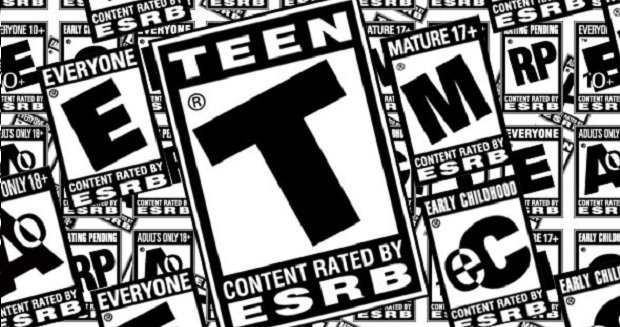When it comes to video games and politics, most discussions start and end with the phrase, "Politicians don't understand video games." And that's it. Not a very complete discourse, but politicians are hard at work proving the statement correct as Leland Yee, a Senator from San Francisco, spoke recently about nonexistent problems with the ESRB.
Yee has issue with the fact that the ESRB is paid for by video game publishers. That kind of relationship, he contends, is suspect at best.

"Clearly, they're not going to legitimately and appropriately place any markings on any videogames, because it's in the interest of the video [game] industry to sell as many videogames as possible," said Yee.
Well gee, that logic does seem sound, though we'd never accuse the ESRB of being too lenient. Go on, Senator...
"You never heard of an AO rating whatsoever, because that would limit your market share," opined Yee.
Actually, you do, and publishers almost always adjust their games to receive M ratings, asno major retailer or console manufacturer willdistribute AO-rated games.And the ESRB does not always publish AO ratings if the publisher chooses to change the game.
The ESRB is under strict scrutiny from third-party agencies to ensure it operates with fair and unbiased treatment. Yes, it's impossible to crush every instance of bias, but Senator Yee's attitude is merely another cynical jab at the games industry (during an election year, noless)meant to influence the upcoming, potentially-landmark Supreme Court case, Schwarzenegger v. EMA, which will determine whether a newly passed California law is constitutional. The law would restrict game distribution to minors based on what the government deems objectionable, usurping the industry-established ESRB rating system.
Sign up to the GamesRadar+ Newsletter
Weekly digests, tales from the communities you love, and more
And by the way, Senator, the film industry works the same way as the games industry, andthe MPAAbemoans the censorshipfilms sufferedbeforethe industry succeeded inself-regulation. So maybe we should go back to submitting films to the government for approval, too? Books even? Oh, we could even burn the ones we don't like! Yeah, that's right, we're not above hyperbole and slippery slope arguments to make our point... we can play this politics game too.
Every single similar case that has gone before the Supreme Court has been struck down, citing First Amendment rights. However, the Court makeup is considerably different now than it was during the last time such a case was heard. The Court will hear an oral argument tomorrow -stay tuned.
[Source:GameSpot]
Nov 01, 2010


